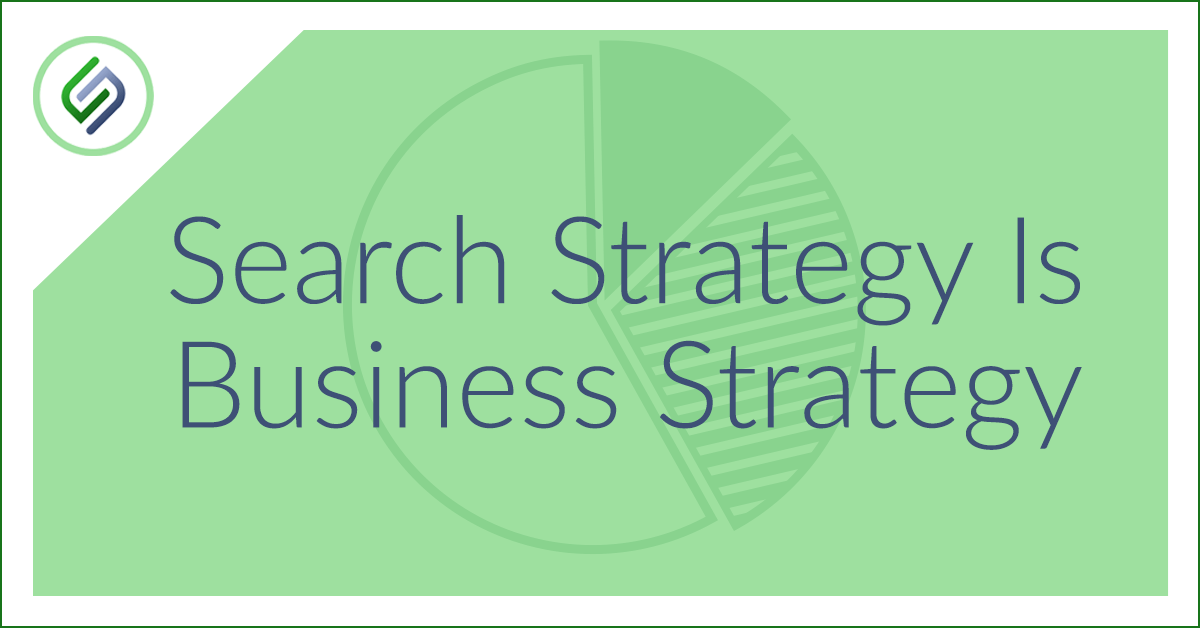
The process of running a business at its heart, a series of decisions. Whether to open that new office, hire that new team or start manufacturing that new product — or conversely whether to contract in size, reduce or reorganize staffing or stop producing something the market no longer needs. Your colleagues also have decisions to make, and everyone needs correct and up-to-date information to ensure the right decisions are taken at the right time. Business survival, especially in challenging times, depends on this as part of a clear business strategy.
Equally, your customers and users make a series of decisions when engaging with you, and these rely on the answers to a number of questions: is the price right, are the product features what they need, have you given them accurate and timely information, is your service the right fit for them? Without suitable information, they’re unable to make those decisions. Your marketing and communication strategy is all about providing that information in a timely and accurate manner. Without this information, your customers may go to your competitors, postpone that buying decision or simply lose trust in what you’re providing, again contributing to whether you just survive — or thrive.
So how do we provide this critical information? In the past, corporate libraries, research departments and printed catalogues were some of the places it might come from — but today we’re reliant on digital sources. Unless your customers or internal users know the material intimately enough to navigate to it themselves — exactly which page of the catalogue the product appears on; exactly when that legal case was decided; or the exact name of the person who wrote the research paper you need — they’re going to rely on an essential technology, the search engine.
Not all search is the same
It’s common to assume that all search is like Google or Bing — after all, we interact with these services in our personal lives many times a day, whether it be to check our route home or the latest sports results. We can type questions, expecting the engine to know the best answer and present it in the first few results. These days we can even talk to it. But Google doesn’t know our business, our sector, our colleagues, our customers or our future plans. It doesn’t care about the niche markets we operate in or who we compete with, or how we’re unique. It works as a general search service across whatever public information is available (and not all of that information is even correct or up to date). It’s great for planning a holiday or finding out the name of a film you barely remember, but not for answering those key business questions — and for your customers, it might recommend your competitor first.
Of course, every company now has a website and there’s a whole industry dedicated to making sure this website appears high on the list of Google or Bing results — Search Engine Optimisation or SEO. Simply put, it’s a bidding war between your company and anyone else who wants to respond to the same search terms. However, this doesn’t necessarily help with those more private, in-house requests for information, or when your customers want to find products only you sell or trusted information you provide.
SEO might get those users to your website in the first place, but it won’t make them stay.
Your business is the search business
So if your business depends on information — and what business doesn’t these days — you must have an in-house search strategy. This must cover not just a technology choice (and there are lots of options) but how the information is created, curated and presented. It’s no use if the latest version of a report only appears on the second page of search results – trained by Google, no-one bothers looking there; we expect the answer to our question to appear right at the top. If a customer types in a partial product code we need to recognise this and suggest what they might have meant, immediately. If they’re using their second language, we need to accommodate this. If they want to type a long, vague sentence asking their question, we have to cope — equally if they want to specify this question in extreme detail, as an experienced professional might.
It will also be key to decide where the source information comes from, who decides which is the correct version and how often it is updated. Your in-house experts can help decide what is the best answer to a question— but monitoring what actions your users take after this is also important: did they buy a product, download a document or simply give up and leave your site? Effective search strategy is also based on the best use of behavioural data that shows how successful your users found their search journey.
If you can’t tell what is the right answer, you can’t tune a search engine to provide it.
Search is not a silo
How you develop this search strategy is itself a key business decision. It will need contributions from many different departments — for example marketing, who know how people outside your business describe what you do and produce; your in-house experts, keepers of institutional knowledge; and IT to help design and maintain the necessary systems. However, a successful search strategy can be so important that effective leadership is vital — it’s not something that can be completely delegated to the back office, or outsourced to a third party. When we recommend you should “own your search,” this is what we’re talking about — not only empowering your search team with the right technology, but instilling the right approach across your whole organization.
At OpenSource Connections we specialise in helping businesses develop and implement a successful search strategy, as part of their overall business strategy. We do this by empowering your search teams to own their solution — helping them learn and develop the right skills, choose suitable technology and work across the business to build the highest quality search engines, with our help if necessary.
If you get it right, there’s a potential for transformational change, making every other business and customer decision faster and more productive. If you don’t, then you are at the mercy of the generic search engines and their algorithms, and you will trail your more agile and forward-looking competitors.
Let us help you choose the right search strategy.
